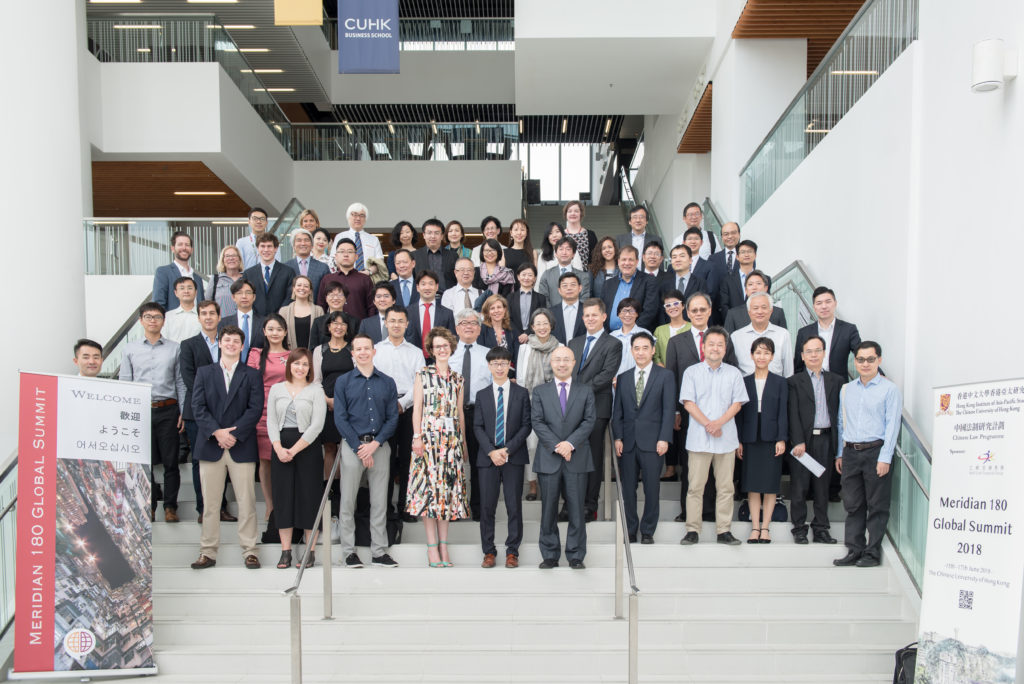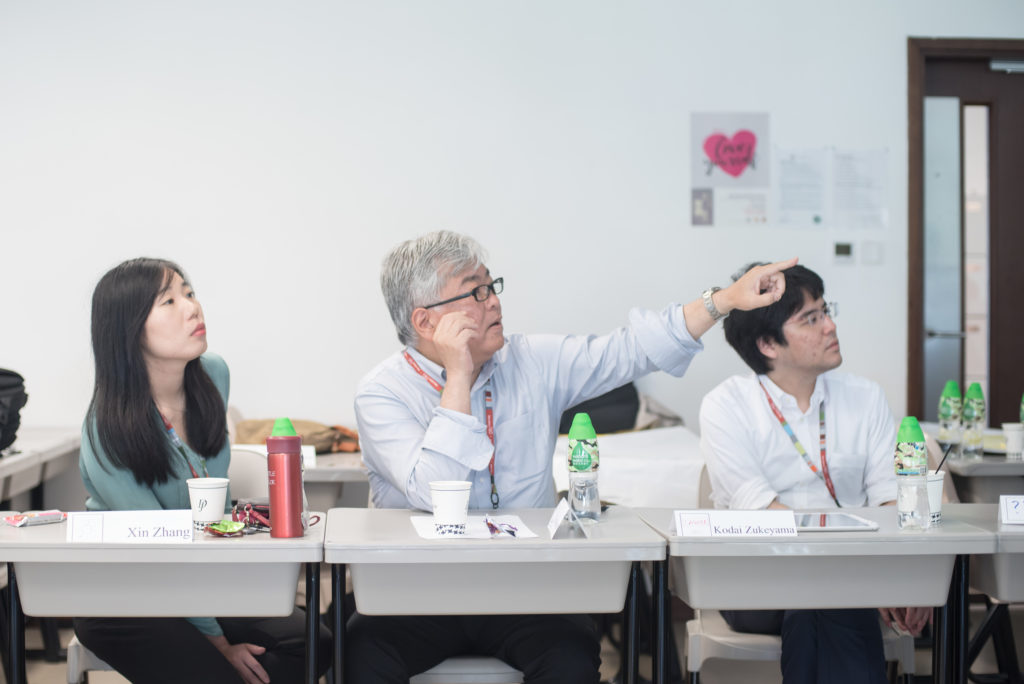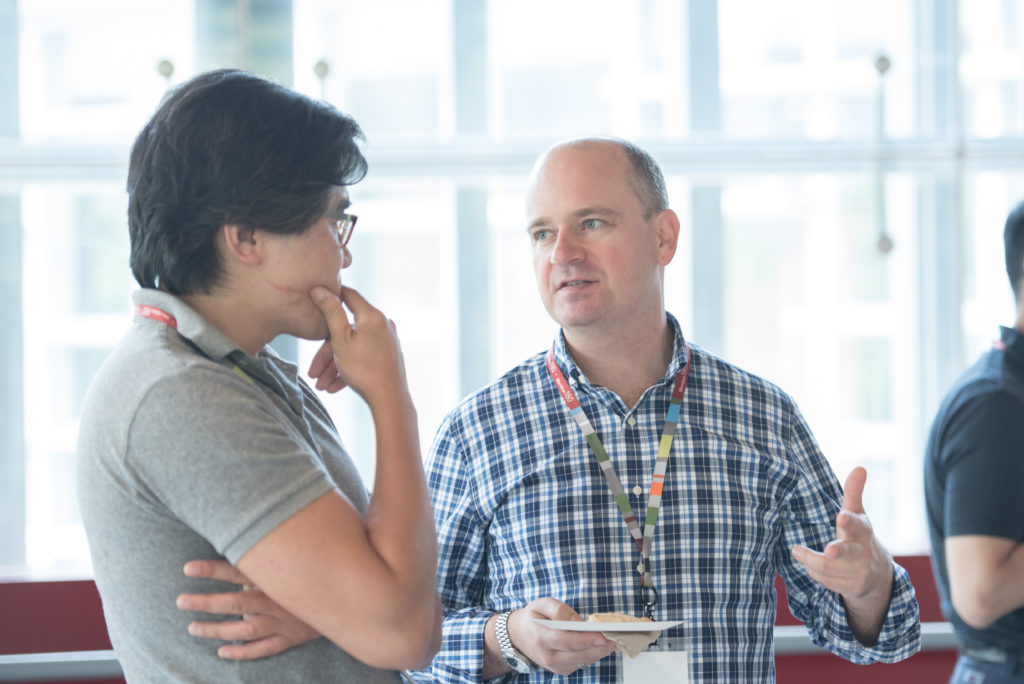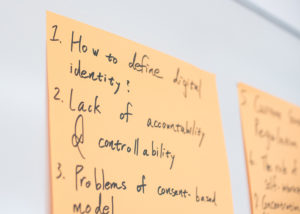The Problem
Today’s interconnected world presents challenges that overwhelm even the experts. The world is on the verge of a “global reset” in which given paradigms, political alliances, and modes of expertise no longer hold. Pressing issues like immigration and migration, inequality, recession, aging populations, energy supply, and data governance are not contained by borders or cultures. Expert focus calls for a narrowing of views and concepts; yet complex global issues are expansive, unwieldy, and chaotic.
Despite the global context of these problems, research is conducted by experts working in silos of expertise, geography, culture, and language, dominated by western perspectives and conducted largely in English. Ongoing, global research collaborations are rare.
The Solution
Meridian 180’s role in the world is to create new modes of understanding and investigation. We do this by helping break down the barriers of what is “foreign,” whether that is another discipline, another language, another country, or another political point of view. As societies around the world become increasingly insular, our members are focused on meaningful collaboration to reach shared global aspirations.
We develop strategies for preparedness from an interdisciplinary perspective through multilingual exchange, working to cross the divide between the academy, industry, and the public sector. The goal is to identify and address gaps in research and response, in areas where response is critically needed. Armed with the knowledge that disaster is likely, as in the case of nuclear accidents or economic crises, Meridian has the opportunity to effect change by offering research-based solutions.
What Makes Us Different
 Meridian 180’s members come from around the world and represent a wide range of disciplines, expertise, and professional domains. They are academics, lawyers, policymakers and business professionals.
Meridian 180’s members come from around the world and represent a wide range of disciplines, expertise, and professional domains. They are academics, lawyers, policymakers and business professionals.
They include anthropologists, computer scientists, economists, political scientists, sociologists, healthcare professionals, hackers and legal experts. They come from 29 countries and more than 380 different professional affiliations.
Meridian 180 currently has more than 1,500 members with access to its digital forums.
Why We Began

Meridian 180 was just a concept when the twin disasters of the Great East Japan earthquake and Fukushima nuclear disaster hit Japan in 2011. Quickly, Meridian 180 launched its multilingual online forums for academics and policymakers to provide an opportunity for real dialogue and to explore contributions that they could make in response to the devastating crises.
It became immediately apparent that Meridian 180’s platform could open a rich, global conversation about pressing issues and a means to “get ahead” of a global crisis before its full impact. In its first two years of operations, Meridian 180 hosted 16 online forums that attracted more than 225 scholarly posts from an interdisciplinary group of academics, as well as policymakers and professionals.
Meridian 180 was created by a core group of scholars and policymakers from Japan, China and the United States under the direction of Annelise Riles. Its founders wanted to create the conditions for a richer transnational policy conversation and to promote a more expansive orientation among intellectual and policy elites. They sought to lay the groundwork for the development of new paradigms of academic thought that benefit from the disparate views of global thinkers in different disciplines and professions.
The online forums were launched in 2011, and the first Meridian base was established at Cornell Law School through the Clarke Program in East Asian Law and Culture. In 2014, the Korean base was established at Ewha Womans University and was quickly followed by the Japan base at the Institute of Social Science at the University of Tokyo in 2016.
In 2018, Meridian 180 made a historic move to join Northwestern University. The integration of the Meridian model into the work of Northwestern University promises to open new opportunities for global partnerships and collaboration.


